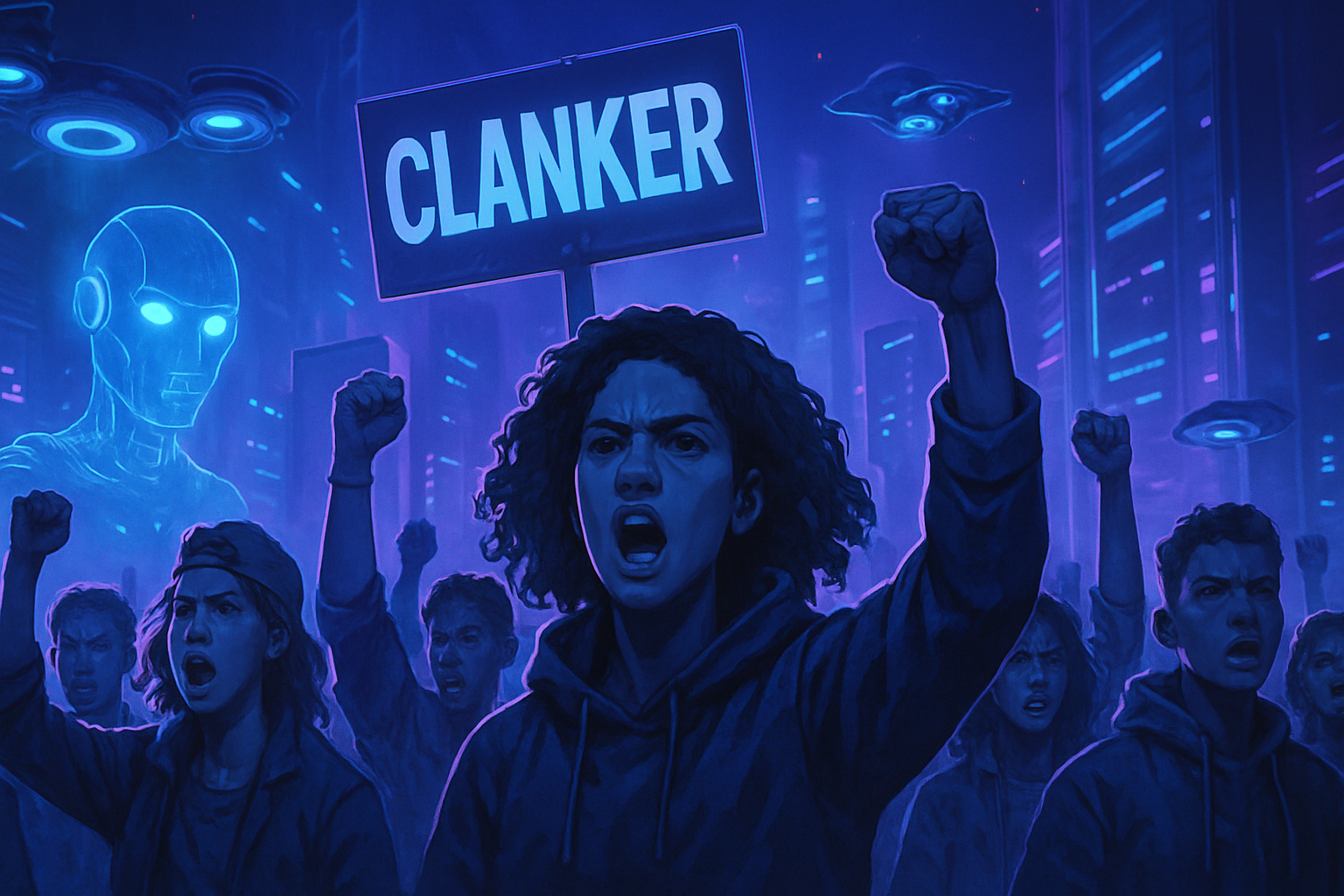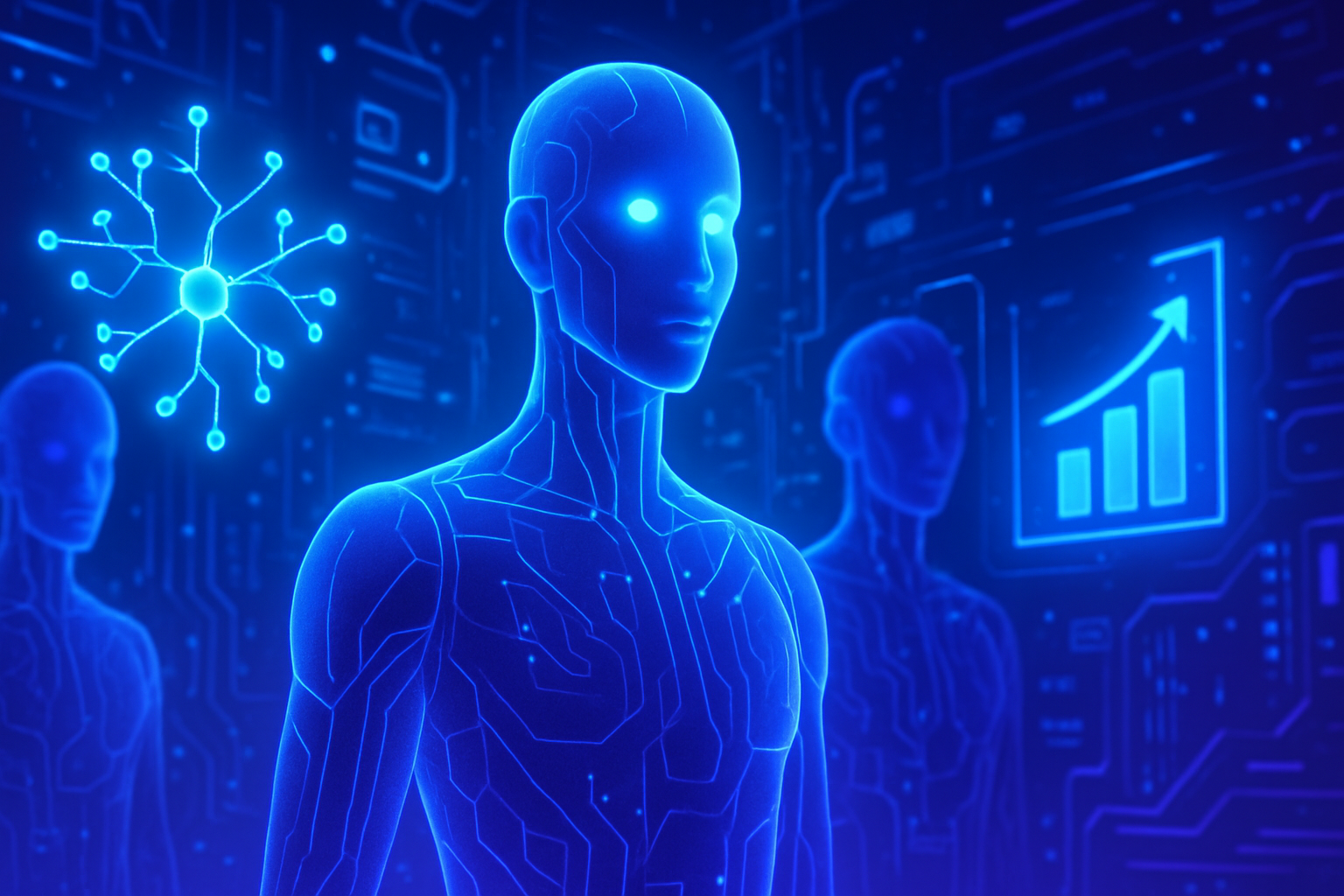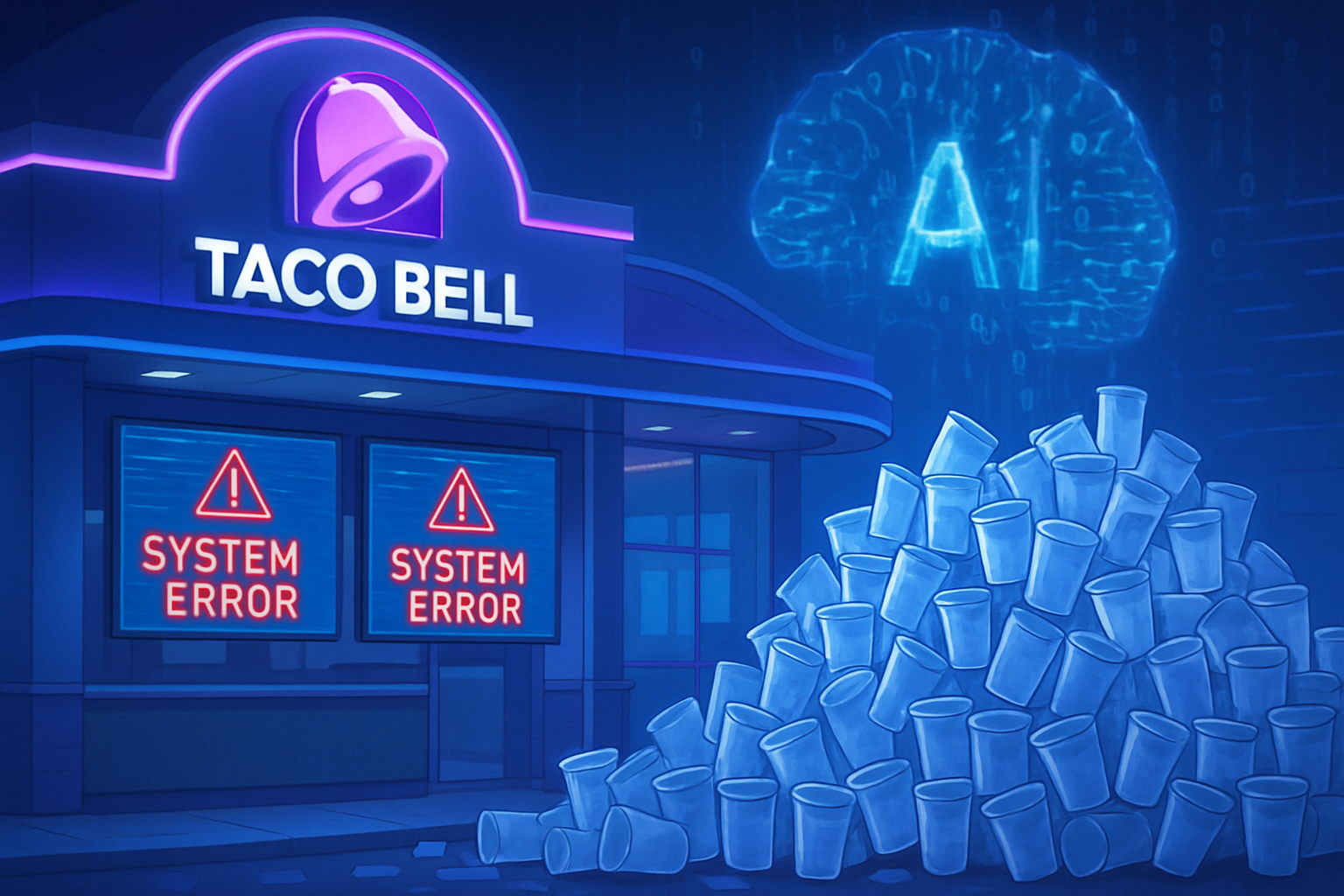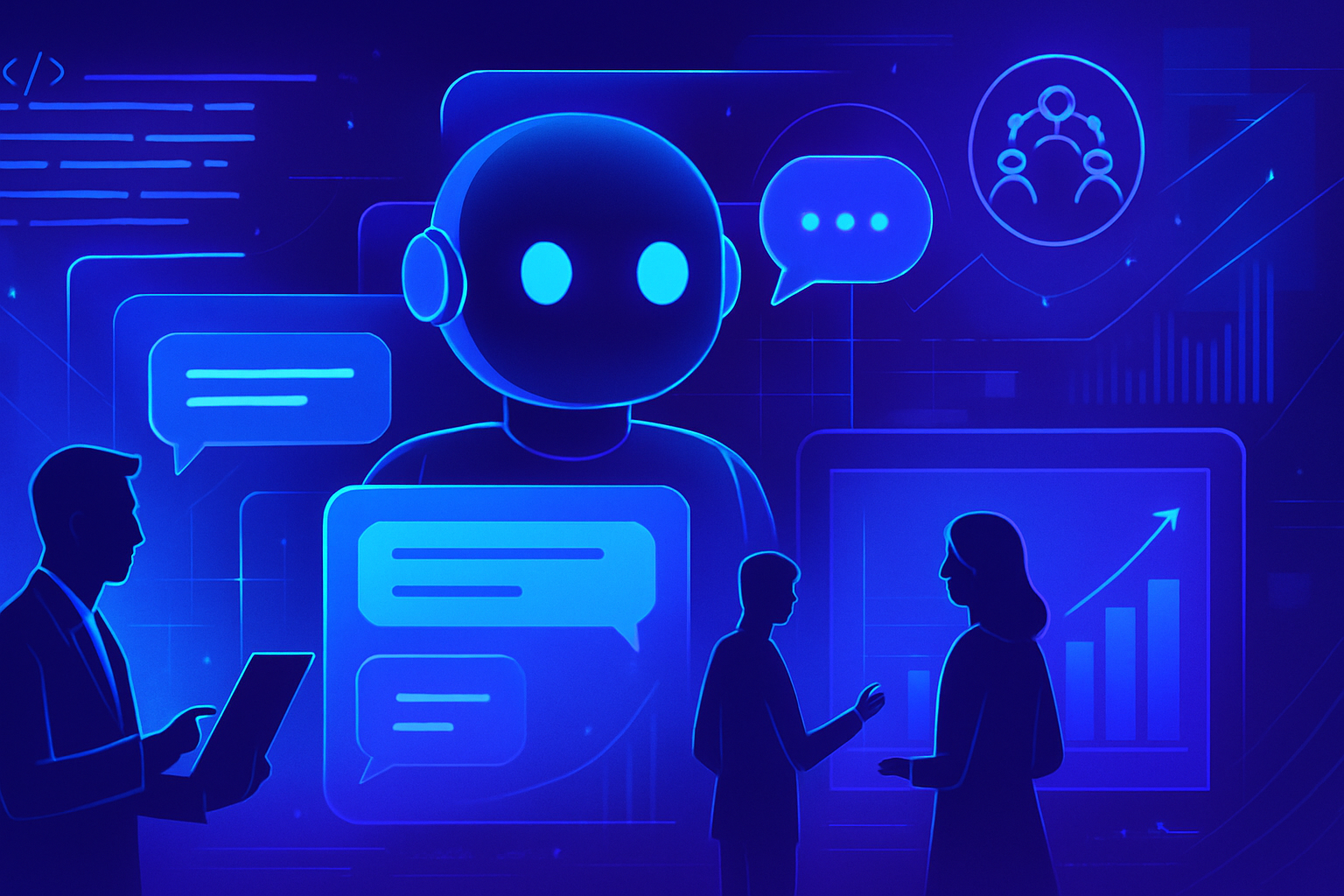The technological legacy of the 19th century proves to be a mirror reflecting the contemporary challenges of artificial intelligence. *Steampunk illustrates a vision where machines and humans coexist*. The emergence of AI raises questions about our relationship with these autonomous systems. *The labor struggles of yesterday and their echoes in the digital world today* challenge our adaptability in the face of technological evolution. *When innovation meets humanity, the debate on ethics becomes unavoidable*. This historical retrospective immerses the reader in the heart of a critical debate in the age of the digital revolution.
19th Century Technologies and Their Legacy
The 19th century witnessed significant technological revolutions, such as the advent of the steam engine and the development of weaving machines. These innovations profoundly transformed production methods, redefining the social and economic relationships of the time. Artisans and workers often rebelled against these changes, fearing the loss of their jobs to machines.
The Luddism, a social movement of the 19th century, resolutely opposes these new machines. The workers viewed these technologies as a direct enemy, capable of destroying not only their livelihoods but also their dignity. Today, similar voices are rising in the era of artificial intelligence, recalling this historical struggle between man and machine.
The Confrontation with Artificial Intelligence
At the dawn of the 21st century, the question arises: is artificial intelligence truly a progress or a threat to humanity? The modern technological advancements, such as Large Language Models, evoke debates similar to those of the revolts of the 19th century. The feeling of fear towards self-taught machines that seem to surpass human intelligence should not be taken lightly.
Researchers, concerned about the ethical implications, question the potential of AI to reproduce harmful behaviors. The works of Alan Turing, considered the father of AI, have largely shaped our understanding of the machine and its role. His message that machines might one day surpass humans raises complex existential questions about the future of humanity.
Historical Perspectives on the Machine
The legacy of the 19th century offers a lens through which to observe contemporary issues. Had the Romans mastered technological innovations like the steam engine, the trajectory of history could have been different. Fantasies about advanced civilizations highlight the often-ignored dimensions of technological progress. Hypothetically, active space exploration could have developed much earlier.
The Societal Impact of Artificial Intelligence
The effects of AI on the world of work illustrate how vast the implications can be. The introduction of automated technologies alters the dynamics of the labor market, raising questions about the future of jobs. The ability of AI to perform routine human functions generates fears of massive unemployment and social imbalances similar to those observed several centuries earlier.
The governance of AI emerges as a key question, both within the framework of global regulations and the internal policies of companies. New regulations must be considered to govern the use of these technologies, ensure equitable access, and respect workers’ rights in a digital environment. Exploring the issues of AI governance thus becomes an urgent necessity.
The link between the technology of the 19th century and our current era questions how society adapts to innovation. The divides between machine and man are not new and continue to shape our reality. Movements such as that of the neo-Luddites remind us that history has its lessons and that vigilance is required as we move into the unknown.
Common Questions About 19th Century Technology and Artificial Intelligence
How did 19th century technology influence the development of artificial intelligence?
19th century technology, such as the steam engine and the telegraph, laid the groundwork for automation and rapid communication, essential for modern advancements in artificial intelligence. These innovations paved the way for machines capable of performing complex tasks, a crucial step towards AI.
What parallels can be drawn between the fears of 19th century workers and those of today’s employees regarding AI?
The workers of the 19th century, notably the Luddites, worried about job loss due to automation. Today, workers fear that AI will replace human jobs, raising similar questions about technology and the future of work.
What legacy of 19th century inventions can be seen in current AI technologies?
Inventions like the mechanical calculator and the theory of cybernetics are direct precursors to current AI algorithms. They established fundamental concepts that continue to inform our understanding of intelligent systems.
How can analyzing 19th century technologies enhance our understanding of the ethical implications of modern AI?
The study of 19th century technologies highlights the ethical challenges related to industrialization, such as surveillance, regulation of machines, and morality in treating workers, all of which are relevant themes in the development of AI today.
What lessons from the past can be applied to the regulation of current artificial intelligence?
Regulations established for 19th century technologies, such as those concerning child labor and machine safety, demonstrate the importance of proactive legislation in response to technological transformations. These lessons can guide the creation of policies around AI to minimize risks.
Does modern robotics draw directly from 19th century prototypes?
Yes, modern robotics is inspired by many principles derived from 19th century automatic machines. Concepts of mechanics and automation have been crucial for the evolution towards more sophisticated robots capable of intelligent interactions.
What 19th century technologies continue to impact current conceptions of artificial intelligence?
Technologies like the early computers, heavily inspired by 19th century mechanical calculators, and communication systems such as the telegraph still influence how we conceive of AI systems and their integration into our lives.






